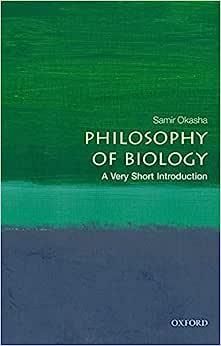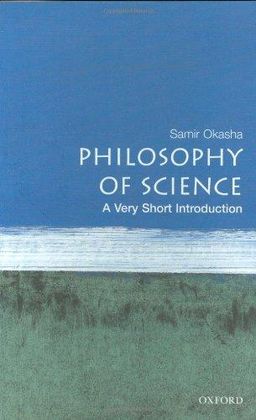Hakkında
Unvan:
Yazar
Okurlar
1 okur okudu.
4 okur okuyacak.
Sözler ve Alıntılar
With some justification, Kuhn’s readers took him to be saying that science is a largely non-rational activity, characterized by dogmatic adherence to a paradigm in normal periods, and sudden 'conversion experiences' in revolutionary periods.
But Kuhn himself was unhappy with this interpretation of his work. In a Postscript to the second edition of Structure published in 1970, and in subsequent writings, Kuhn moderated his tone considerably, distancing himself from the more radical views that he had seemed to endorse. He was not trying to cast doubt on the rationality of science, he argued, but rather to offer a more realistic, historically accurate picture of how science actually develops. By neglecting the history of science, the logical empiricists had been led to a simplistic account of how science works, and Kuhn’s aim was to provide a corrective. He was not trying to show that science was irrational, but rather to provide a better account of what scientific rationality involves.
Sayfa 84 - Oxford University Press
Since the American constitution prohibits the teaching of religion in public schools, 'creation science' was invented—which claims that the biblical account of creation is a better scientific explanation of life on earth than Darwin’s theory of evolution. So teaching biblical creation does not violate the constitutional ban, for it counts as science, not religion!
Sayfa 119 - Oxford University Press
Why did Kuhn’s ideas cause such a storm? Because in addition to his descriptive claims about the history of science, Kuhn advanced some controversial philosophical theses. Ordinarily we assume that when scientists trade their existing theory for a new one, they do so on the basis of evidence. But Kuhn argued that adopting a new paradigm involves a certain act of faith on the part of the scientist. He allowed that a scientist could have good reasons for abandoning an old paradigm for a new one, but he insisted that reasons alone could never rationally compel a paradigm shift. ‘The transfer of allegiance from paradigm to paradigm’, Kuhn wrote, ‘is a conversion experience which cannot be forced.’ And in explaining why a new paradigm rapidly gains acceptance in the scientific community, Kuhn emphasized the peer pressure of scientists on one another. If a given paradigm has very forceful advocates, it is more likely to win widespread acceptance.
Sayfa 77 - Oxford University Press
Galileo is generally regarded as the first modern physicist. He was the first to show that the language of mathematics could be used to describe the behaviour of material objects, such as falling bodies and projectiles. To us this seems obvious—today’s scientific theories are routinely formulated in mathematical language, not only in physics but also in the biological and social sciences. But in Galileo’s day it was not obvious: mathematics was widely regarded as dealing with purely abstract entities, hence inapplicable to physical reality. Another innovative aspect was Galileo’s emphasis on testing hypotheses experimentally. To the modern scientist this may again seem obvious. But in Galileo’s day experimentation was not generally regarded as a reliable means of gaining knowledge. Galileo’s emphasis on experiment marks the beginning of an empirical approach to studying nature that continues to this day.
Sayfa 5 - Oxford University Press
So far our brief account of the history of science has focused mainly on physics. This is no accident, as physics is both historically important and in a sense the most fundamental scientific discipline. For the objects that other sciences study are themselves made up of physical entities, but not vice versa. Consider botany, for example. Botanists study plants, which are composed of cells, which are themselves composed of bio-molecules, which are ultimately made up of atoms, which are physical particles. So botany deals with entities that are less ‘fundamental’ than does physics—though that is not to say it is less important. This is a point we shall return to in Chapter 3. But even a brief description of modern science’s origins would be incomplete if it omitted all mention of the non-physical sciences.
Sayfa 7 - Oxford University Press
İletiler
Henüz kayıt yok
Yorumlar ve İncelemeler
Henüz kayıt yok

